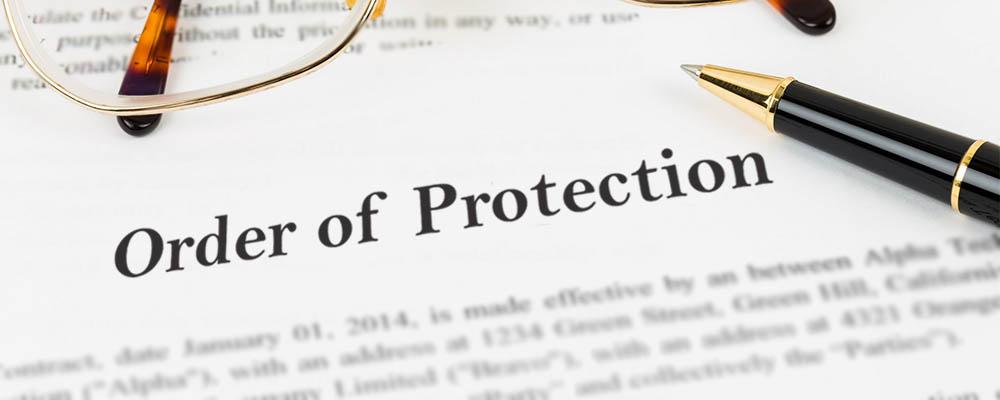If an Order of Protection is issued against you, it can be a frustrating time. A protective order is essentially a restraining order, keeping you from a person. They feel you might commit an act of domestic violence against them or even harass them, so they request for a protective order to be put in place. If you violate this order, then that’s a lot of trouble you don’t need. Protective orders can be signed by any court in the State of Arizona, so if this happens to you, consider hiring a family law attorney Scottsdale AZ.
There are usually two different types of protection orders. The first is a standard order of protection that can be placed against anyone you’ve lived with. That might be a current spouse, ex, roommate, or even an immediate family member. The other type is called an injunction against harassment. This covers the other types of abuse and harassment you face, from someone you don’t live with or don’t have a relationship with. This can be a stranger or a co-worker.
Types of Domestic Violence and Harassment Protection Orders Cover
- Domestic violence
- Harassment
- Criminal damage
- Assault
- Crimes committed against children
- Not following a court order
- Adult or child abuse
- Endangerment
- Disorderly conduct
- Stalking
- Kidnapping
- Videotaping
- Issuing threats and intimidation
What a Protective Order Does and Doesn’t Do
If a protective order has been issued against you or you want to issue one against another person, it essentially prohibits that person from visiting any area the judge lists on the order. Maybe it’s your home, your place of business, a school, or anywhere else the person requesting the order deems fit to protect themselves and/or their kids. You have recourse for a full year if they violate the order for any reason.
But, as they say, a protective order is just a piece of paper. It doesn’t actually guarantee your safety should someone be intent on committing harm by violating the order. It also doesn’t change any custody rights a parent has or settle a dispute between landlords and tenants.
What Happens When a Protective Order is Issued?
Once a judge issues an order of protection, then that order will immediately be sent to the defendant in the case. You do have the right to request up to 72 hours for a delay if you wish to get any affairs you have in order first. Whichever police agency is located closest to the defendant will be the one tasked with handing over the protective order papers. Until it’s served by police, the order is not valid, which means it’s a good idea to know where they’re located so they can be served and the protective order can go into effect.
Once the order has been served, then it will be in place for a full year. To learn more about protective orders and your rights, you should contact a family law attorney by visiting http://34.220.85.180. An attorney will be able to guide you through the protective order process.
480.744.7442
Follow Us on Social Media!
https://www.facebook.com/tiffanfinalawfirm/


